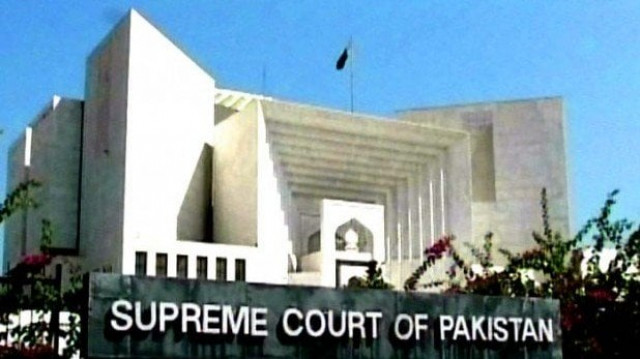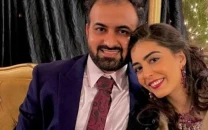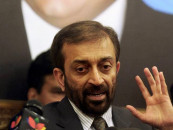‘Basic structure of constitution violated’
The 18th amendment is in violation of four features of the basic structure of the 1973 constitution, argued a petitioner.

‘Basic structure of constitution violated’
Resuming his argument on Monday, Pirzada told the bench headed by Chief Justice Iftikhar Chaudhry that the amendment was in derogation of fundamental rights. This, he argued, was because the judiciary was responsible for the enforcement of fundamental rights and the dispensation of justice. By devising a new procedure for the appointment of the superior judiciary, Pirzada said, the independence of the judiciary had been compromised.
Here Justice Tariq Pervez asked whether the said article withdrew the earlier constitutional requirement that the president of Pakistan consult the chief justice before appointing a judge to the Supreme Court. “The primacy accorded to the chief justice’s opinion over that of the president has been taken away through this article,” replied Pirzada.
He further argued that the incumbent constitutional committee has overshot its mandate by negating the fundamental rights of the citizens.
Pirzada also voiced objections regarding article 63 A of the constitution, which states that any lawmaker who defects from his party or does not vote along the lines prescribed by the party head on key issues will be removed from membership of the house. This, Pirzada said, was a clear deviation from a parliamentary democratic system. He also insisted that political parties should be bound to disclose party lists before the general elections.
Here, Justice Khalilur Rehman Ramday reminded him that the very article had put an end to the “condemnable practice of horse trading among political parties”.
Pirzada further pleaded that clauses 5 and 6 of article 239, which bar courts from questioning constitutional amendments, did not derogate from the Supreme Court’s power to review the 18th amendment because the said amendment violated the basic structure of the constitution. “The permanent constitution of 1973 has a conscience and a basic structure and if the conscience or the basic structure are violated, the apex court may strike down the amendment,” he maintained.
According to Pirzada’s count, the amendment has violated four fundamental features of the constitution: the independence of the judiciary, the federal and parliamentary character of the state as well as provincial autonomy. The last, he said, had been undermined by the withdrawing of legislative powers from provinces.
Pirzada’s final submission was that the constitution prescribes direct election on a proportional basis whereas the new amendment vests party heads with the power to nominate 22 per cent of lawmakers.
After Pirzada, petitioners Iftikhar Khokhar and Shahid Orakzai presented their formulations against the 18th amendment. However, the court was adjourned before Orakzai could wrap up his arguments. He will resume arguing today (Tuesday).
Published in The Express Tribune, July 20th, 2010.



















COMMENTS
Comments are moderated and generally will be posted if they are on-topic and not abusive.
For more information, please see our Comments FAQ